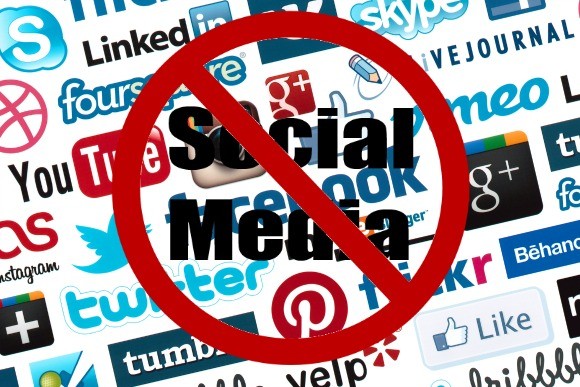
New Zealand is set to debate a new bill that would restrict access to social media for children under 16, as part of growing efforts to reduce online harm among young people.
Officials said the proposed legislation will require social media companies to implement age-verification processes, similar to Australia’s world-first ban on teen social media access passed in 2024.
The bill—submitted in May by National Party MP Catherine Wedd—was selected through a parliamentary lottery to be formally introduced. It currently has the backing of the ruling National Party, although coalition partners have not yet indicated whether they will support it.
A parliamentary committee is simultaneously reviewing social-media harms, with a comprehensive report expected in early 2026.
Prime Minister Christopher Luxon has raised concerns over the increased risks to teenagers’ mental health due to excessive social-media use, including cyberbullying, misinformation and harmful body-image content.
However, the proposal has drawn criticism from civil-liberties groups. The organisation PILLAR argued the bill could compromise privacy and restrict online freedoms, calling it “lazy policymaking” despite intentions to align with international efforts.
If enacted, the law is expected to place new regulatory obligations on major platforms operating in New Zealand, marking a significant shift in how young people engage online.


